- Your cart is empty
- Continue Shopping

Product
Introduction: Efavir, containing Efavirenz as its active ingredient, stands as a vital medication in the fight against HIV/AIDS. This comprehensive overview explores the history, mechanism of action, therapeutic applications, administration, potential side effects, and considerations associated with Efavir Efavirenz.
I. History: Efavirenz, a non-nucleoside reverse transcriptase inhibitor (NNRTI), was introduced in the late 1990s as a groundbreaking addition to antiretroviral therapy. Its approval marked a significant milestone in the treatment of HIV/AIDS, offering improved efficacy and tolerability compared to earlier therapies.
II. Mechanism of Action: Efavirenz exerts its antiviral effects by inhibiting the activity of the HIV-1 reverse transcriptase enzyme, essential for viral replication. By interfering with viral RNA conversion to DNA, Efavirenz impedes the multiplication of the virus, thereby suppressing HIV replication within the body.
III. Therapeutic Applications: Efavir Efavirenz is utilized in the treatment of:
- HIV-1 Infection: It is a cornerstone of combination antiretroviral therapy (ART) for the treatment of HIV-1 infection in both treatment-naive and treatment-experienced individuals.
- Prevention of Vertical Transmission: Efavirenz-based regimens are recommended for preventing mother-to-child transmission of HIV during pregnancy and breastfeeding, contributing to the goal of eliminating pediatric HIV infections.
IV. Administration and Dosage: Efavir Efavirenz is typically administered orally in tablet form, with a standard dosage of 600 mg once daily. It is recommended to take Efavirenz on an empty stomach, preferably at bedtime, to minimize the risk of central nervous system side effects.
V. Potential Side Effects: While generally well-tolerated, Efavir Efavirenz may cause side effects, including:
- Central Nervous System Effects: Common side effects include vivid dreams, dizziness, insomnia, and impaired concentration, which usually resolve within a few weeks of initiation.
- Skin Rash: Some individuals may develop a mild to moderate rash, which is generally self-limiting but may necessitate discontinuation in severe cases.
- Hepatotoxicity: Rarely, Efavirenz may cause liver enzyme elevations or hepatotoxicity, necessitating regular monitoring of liver function.
VI. Considerations and Monitoring:
- Pregnancy Considerations: Efavirenz is contraindicated during the first trimester of pregnancy due to potential fetal adverse effects. Alternative regimens should be considered for women of childbearing potential.
- Drug Interactions: Efavirenz may interact with various medications, including certain anticonvulsants, antifungals, and hormonal contraceptives. Close monitoring and dose adjustments may be necessary when co-administering drugs.
VII. Conclusion: Efavir Efavirenz remains a cornerstone in the comprehensive management of HIV/AIDS, contributing to improved treatment outcomes and prolonged survival for individuals living with the virus. Its potent antiviral activity, coupled with its relatively favorable tolerability profile, underscores its pivotal role in the global fight against HIV/AIDS. As research continues to advance, Efavir stands as a beacon of hope, offering a pathway to a brighter future for those affected by this complex and challenging disease.
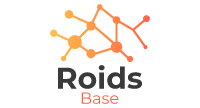

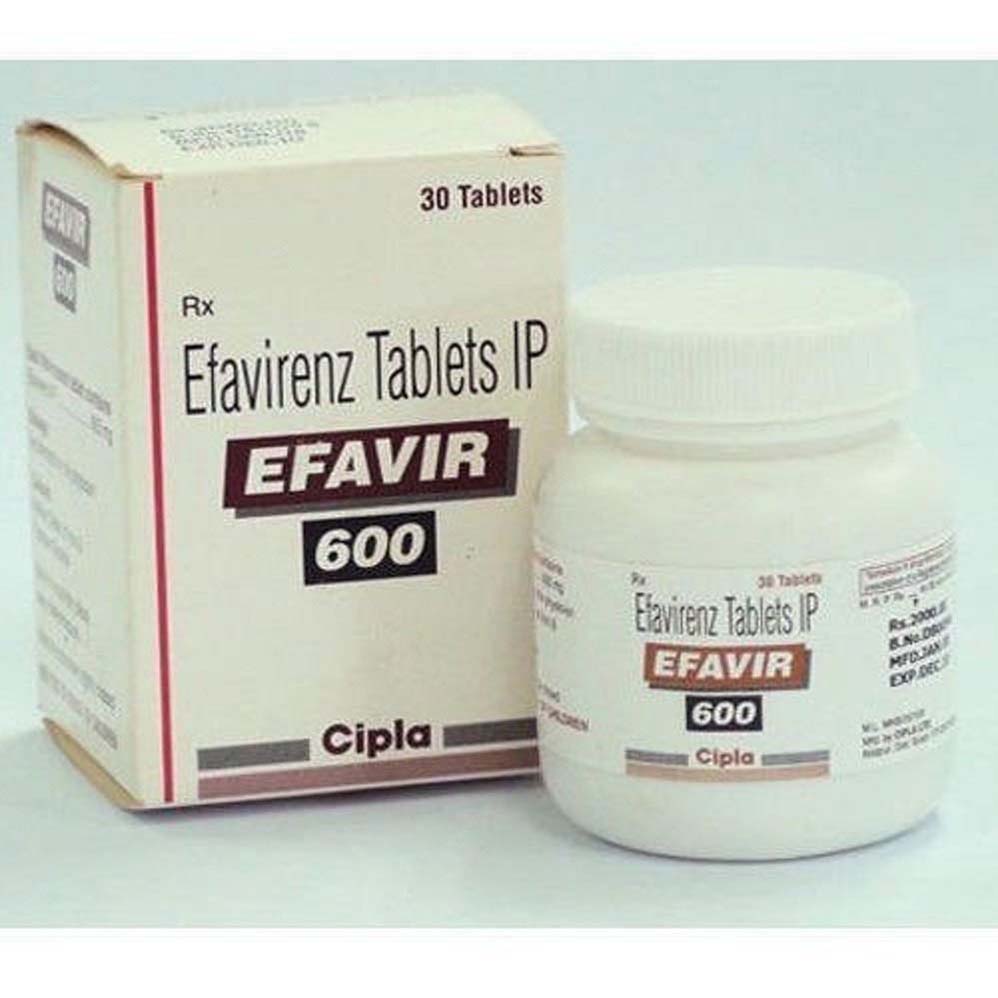
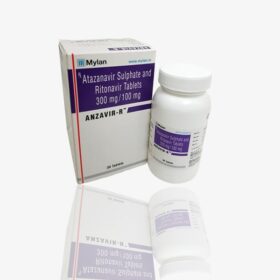
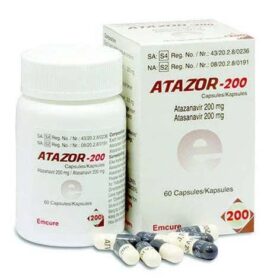

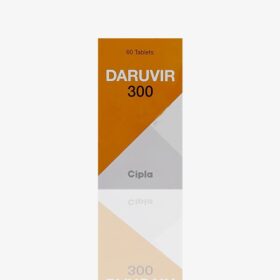
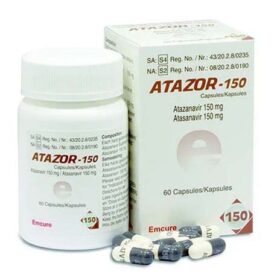






Reviews
There are no reviews yet.